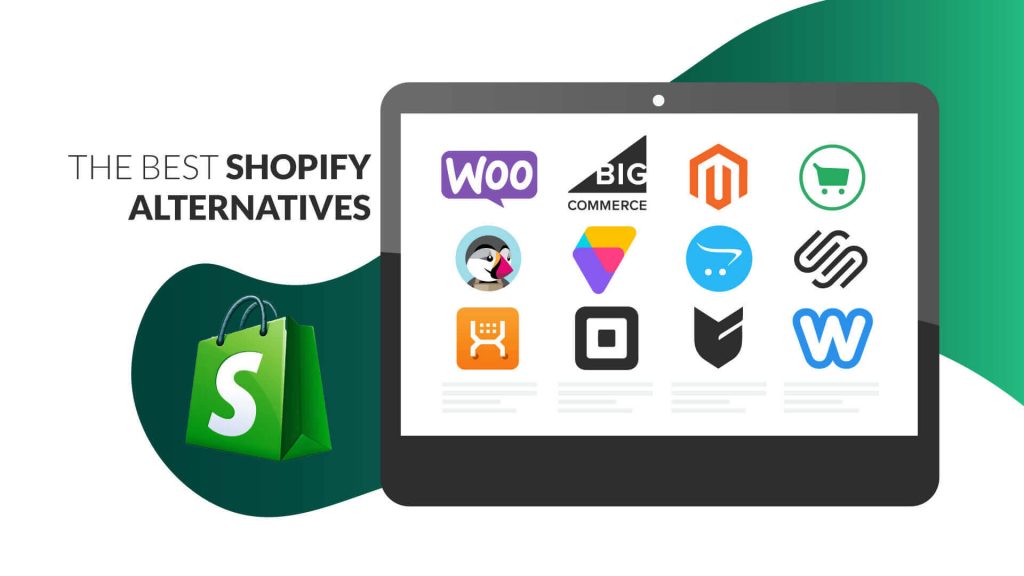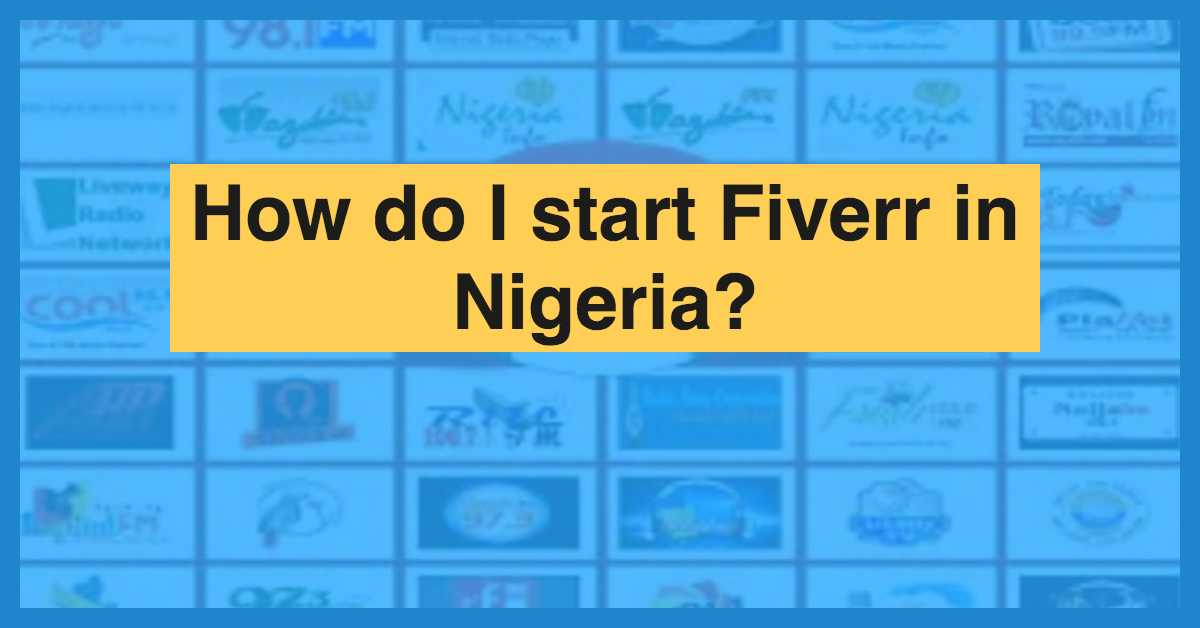Starting and running an online store in Nigeria has become more accessible than ever, thanks to e-commerce platforms that provide end-to-end solutions for businesses. While Shopify is one of the most recognized global names in this space, it isn’t always the best option for every Nigerian entrepreneur due to factors like pricing, payment integrations, or platform limitations.
If you’re a Nigerian seller looking for alternatives to Shopify that cater more specifically to local needs — such as better local payment gateways, lower fees, and Nigerian customer support — this guide is for you.
Why Look Beyond Shopify?
While Shopify is a robust e-commerce platform, here are a few reasons why Nigerian entrepreneurs might consider alternatives:
- Dollar pricing: Shopify charges in USD, and with the exchange rate fluctuations, this can be costly.
- Payment limitations: Local payment gateways like Paystack, Flutterwave, and Monnify aren’t fully supported or require third-party plugins.
- Customization restrictions: Some business owners find Shopify’s templates and structure limiting, especially if they need full control over their store design.
- Subscription costs: Monthly fees can be a burden for startups or MSMEs with limited budgets.
Now, let’s explore top Shopify alternatives tailored to the Nigerian market.
1. Flutterwave Store
Flutterwave Store is a no-code e-commerce solution powered by one of Nigeria’s leading payment companies — Flutterwave.
Key Features:
- No subscription fees.
- Easy product listing and store setup.
- Seamless payment integration with Nigerian banks.
- WhatsApp integration for order follow-ups.
Ideal For:
Small business owners, creators, and Instagram sellers looking to set up an online store without technical skills.
2. Paystack Storefront
Paystack Storefront is another popular option designed with African entrepreneurs in mind.
Key Features:
- Easy setup with zero coding.
- Free to use (transaction fees apply).
- Optimized for mobile shoppers.
- Accepts naira payments seamlessly.
Ideal For:
Freelancers and business owners who already use Paystack for payment collection and need a simple online selling option.
3. Konga Seller HQ
Konga, one of Nigeria’s largest e-commerce marketplaces, allows you to register as a seller and leverage their traffic and delivery network.
Key Features:
- Access to a wide customer base.
- Marketing support and nationwide delivery logistics.
- Seller protection and training.
Ideal For:
Businesses that want to sell fast-moving consumer goods, electronics, or fashion items with less effort on fulfillment.
4. Jumia Nigeria Vendor Center
Like Konga, Jumia is a marketplace model platform that allows you to sell on their platform.
Key Features:
- Large customer base across Nigeria.
- Logistics handled by Jumia (Jumia Express).
- Periodic campaigns and seller promotions.
Ideal For:
Vendors with the capacity to handle high demand and interested in national brand exposure.
5. Selar.co
Selar is a Nigerian-born digital commerce platform that caters especially to creators, freelancers, and small business owners.
Key Features:
- Sell both digital and physical products.
- Accept payments in naira, USD, GBP, etc.
- In-built affiliate system.
- Supports subscriptions and membership sales.
Ideal For:
Coaches, authors, content creators, and entrepreneurs selling e-books, courses, or digital services.
6. SquareSpace Commerce
While not locally built, SquareSpace is a solid alternative for creatives who prioritize stunning design and ease of use.
Key Features:
- Beautiful design templates.
- Blogging + ecommerce in one.
- Integrates with Stripe and PayPal (which can then connect to local payment systems through third-party tools).
Ideal For:
Businesses looking for a premium storefront feel and content-rich product pages.
7. WooCommerce (WordPress)
WooCommerce is a flexible, open-source e-commerce plugin for WordPress websites.
Key Features:
- Highly customizable.
- Integrates easily with Nigerian payment gateways like Paystack and Flutterwave.
- Huge library of plugins and themes.
Ideal For:
Tech-savvy business owners who want complete control over their store and don’t mind managing their hosting and updates.
8. BigCommerce
Another international platform, BigCommerce provides more out-of-the-box tools than Shopify and charges no transaction fees.
Key Features:
- Built-in SEO tools.
- Support for multiple payment gateways.
- Better multi-currency support.
Ideal For:
Scaling businesses and entrepreneurs who want international exposure and advanced marketing features.
9. Storemia
Storemia is another Nigerian-focused e-commerce tool that enables business owners to create a professional-looking online store in minutes.
Key Features:
- Simple drag-and-drop store builder.
- Integrated with Paystack and Flutterwave.
- Affordable pricing plans.
Ideal For:
Retailers looking for a fast setup with minimal tech headache and mobile-first design.
10. Ecwid by Lightspeed
Ecwid allows you to embed your online store on any website or social media platform.
Key Features:
- Free plan available.
- Can integrate into WordPress, Wix, or a standalone link.
- Offers mobile POS and Facebook Shop sync.
Ideal For:
Side hustlers and entrepreneurs who want to sell across platforms with one central inventory system.
Managing Your E-commerce Finances? Use ProInvoice
Regardless of the platform you choose, managing sales, payments, and invoices professionally is key to running a successful online business.
With ProInvoice, Nigerian entrepreneurs can:
- Generate beautiful invoices in seconds.
- Accept online payments from customers.
- Track payments and automate follow-ups.
- Present their business as trustworthy and professional.
Best part? You can try it for free right now.
👉 Sign up here
Final Thoughts
Shopify is great, but it’s not your only option. Nigerian sellers now have access to tools and platforms built with local realities in mind — from payment integration to ease of use and pricing flexibility.
Choose a platform that fits your budget, tech ability, and long-term business goals. And don’t forget to pair it with powerful tools like ProInvoice to simplify your accounting and get paid faster.













